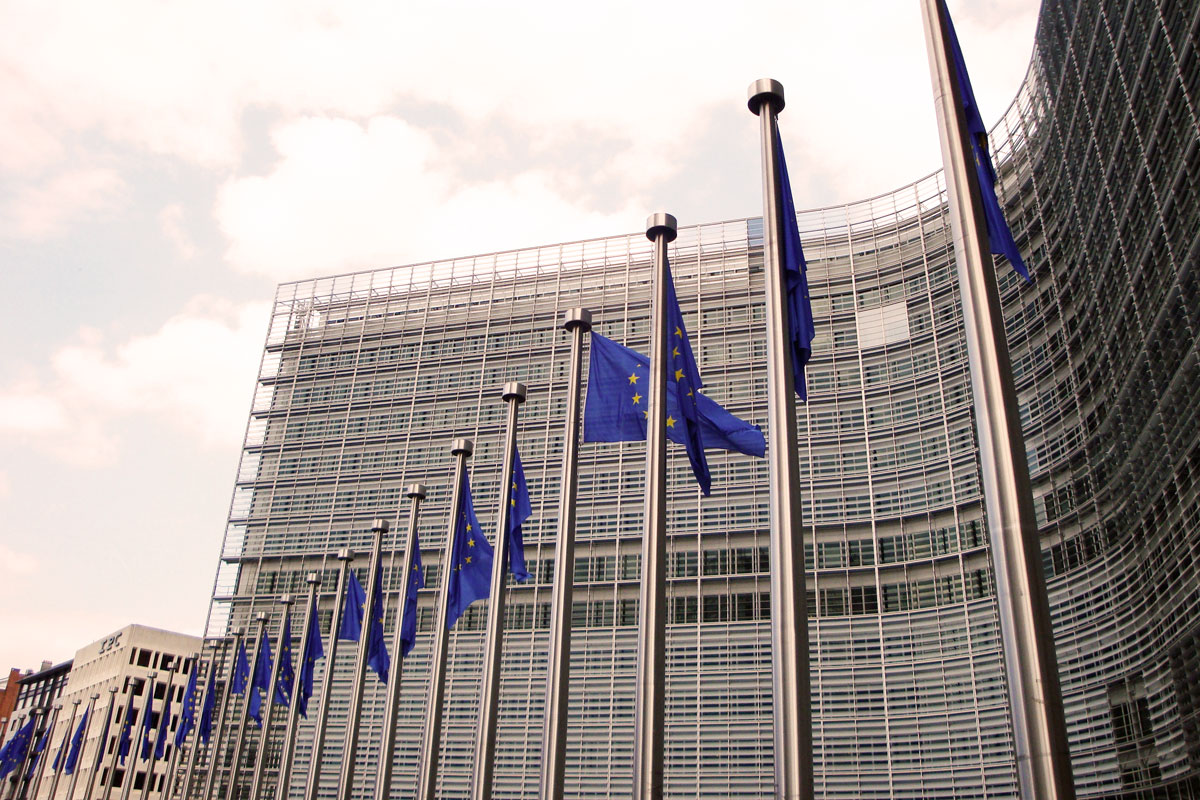Romania, still a ‘team-player’?
Security of Supply has been, still is and will continue to be a really hot topic in energy. It is the pivotal point around which the entire energy system revolves, regardless if we discuss about it in terms of its geopolitical implications and relationships with non-EU actors, or we follow the legal approach, and discuss about concrete cases of Member States’ compliance or non-compliance with the European Union’s Security of Supply strategy.
On January 25th 2018, Romania has been referred to the Court of Justice of the European Union by the European Commission for not having correctly implemented and applied the provisions of the Oil Stocks Directive. The infringement procedure against Romania is identified by number 20154213 in the infringement decisions portal of the EC.
The Energy Union’s purpose is to create a strong energy system, through solidarity, regional cooperation and concerted management of a potential supply crisis. Following the unrest unravelled by the Ukrainian crisis, the EU issued its Energy Security Strategy, with the intention to ensure sound-proof coordination of all energy sources in order to swiftly tackle a potential supply disruption. This can be achieved, of course, by urging Member States to comply with specific legal obligations, such as to maintain a specific level of oil stocks, in this particular case.
What is the ‘Oil Stocks Directive’? The Oil Stocks Directive was issued by the EC in 2009, as a response to increased market concentration, worldwide shrinking oil reserves and growing consumption. Its main goal, as comprised in its Article 1, is to ensure a high level of security of oil supply in the Community, through reliable and transparent mechanisms based on solidarity amongst Member States, while putting in place the necessary procedural means to deal with a serious shortage. For this reason, the Member States must have available a minimum stock of crude oil and/or petroleum products, in order to ensure the security of supply of petroleum products in the European Union. This Directive represents one of the EU’s security of supply legislative pillars within the Union, as the availability of oil stocks and the safeguarding of energy supply are essential elements of public security for MSs and for the EU.
But, then, what were specifically the obligations imposed on the Member States, and therefore, on Romania? They were two-fold:
1. Content related obligation
- The obligation to have in place emergency procedures and a contingency plan in the event of a major supply disruption.
- The MSs are required to maintain oil stocks equal to at least 90 days of their average daily consumption. Therefore, the MSs may impose obligations on companies to hold oil/petroleum product stocks, within certain boundaries. Therefore, MSs are under the obligation to ensure a clear and effective framework for operators to be able to delegate their stockholding obligations.
2. Legal procedure related obligation – Transposition
A Directive is a piece of European secondary legislation, which, unlike a Regulation, is not directly applicable and enforceable in the Member States’ legal systems, as of the moment of its date of entry into force. The Directives may contain more technical details. Therefore, the Member States are given a certain period of time, within which they can take all necessary measures (i.e. not only changes in legislation, but maybe also changes in relation to a technical system) to ensure compliance with the EU piece of legislation. The Directive does not automatically become national law, but must undergo a transposition procedure, within a certain deadline. That is why, the transposing Member State “shall communicate to the Commission the text of the main provisions of the national law which they adopt in the field covered by this Directive”. Article 25 urged that the Oil Stocks’ Directive was to be transposed by December 31st 2012, at the latest. Romania did not transpose the Directive. 5 years have passed since the deadline.
How is the infringement procedure unfolding in reality?
The infringement procedure has been triggered under Article 258 of the Treaty on the Functioning of the European Union (TFEU).
This particularly states that: “If the Commission considers that a Member State has failed to fulfil an obligation under the Treaties, it shall deliver a reasoned opinion on the matter after giving the State concerned the opportunity to submit its observations. If the State concerned does not comply with the opinion within the period laid down by the Commission, the latter may bring the matter before the Court of Justice of the European Union.”
Therefore, basically, in Romania’s case the following happened:
On November 20th 2015, the EC sent a Letter of Formal Notice requesting further information from Romania, reminding it of its obligations under the Directive.
On November 18th 2016, the EC sent a ‘Reasoned Opinion’ to Romania, as it has concluded that Romania failed to fulfil its obligations under EU law. This ‘reasoned opinion’ was nothing more than a stringent request to comply with the Directive, accompanied by the reasons for which the Commission resorted to such a course of action. In addition, the EC asked Romania to inform it over the measures taken to remedy the non-compliance.
On January 25th 2018, the EC referred Romania to the Court of Justice of the European Union. These types of matters are usually solved before being referred to the Court. Hence, the situation is not looking good at all. We now must wait for the judgement of the Court, and should it decide against Romania, Romania will then have to take all the necessary measures to comply with the judgement.
Of course, considering the dark scenario when Romania would be referred to the Court for the second time, for non-compliance with the provisions of the Directive, the European Court of Justice may decide to impose financial penalties, at the proposal of the Commission. These financial penalties depend on the duration and severity of the infringement, as well as on the size of the Member State.
Conclusion
I personally see the energy system as a Lego game in which the laws and regulations are the underlying structure. The foundation. The rule to be followed. If one of the pieces is missing, the fluidity and resilience of the system, can be heavily tainted. Romania is one part of the Lego. In this particular case, Romania seems to be distancing itself from being solidary with the other Member States, in terms of security of oil supplies. And a big one, I’d say, given its geographical position in South Eastern Europe and its potential to become a huge energy hub in the region. And do we really want that? Do we really want to be perceived as not a team player in this entire EU legal structure and interdependency game?
On the other hand, given the sensitivity of the topic, this infringement increases the shadow cast on SEE countries. Romania is neighbouring Bulgaria, on the southern border. And, guess what?! On January 25th 2018, the EC triggered infringement procedures against Bulgaria also, for failing to transpose the Electricity and Gas Directives of the Third Energy Package issued in 2009.
Epilogue
This makes me wonder when are we actually going to be given as good examples, as performers, and not as laggers? Are we ever? When are we going to be game? At least part of the middle-ranged performers of the EU?







